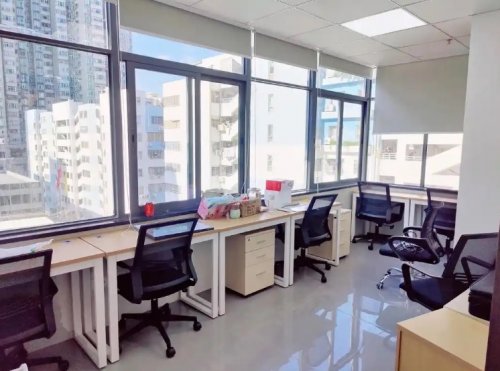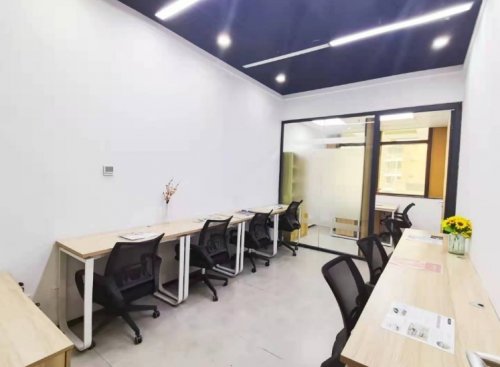代词包括:人称代词、物主代词、反身代词、指示代词、疑问代词、关系代词、不定代词及其用法。
一、人称代词
人称代词有第一、第二、第三人称和单数、复数之分,在句子中可以作主语和宾语。英语中有下列人称代词:
在并列的主语或宾语中,I或me通常放在后面。如:
Liping I are in charge of the work.
My farther asks my sister me to have dinner with him tomorrow.
二、物主代词
(1)、表示人的物主代词用my,our,your,his,her和their,指无生命的东西用its(但指国家时一般用she或her),它们在句中作定语
(2)、名词型物主代词能作表语(It's theirs)、主语(Mine is there)、宾语(I don't like hers),与of连用可以作定语(the food of theirs)。
三、指示代词
指示代词包括this,that,these,those和such,在句子中可以作主语、定语、表语、宾语等(such不作宾语)。
that和those有时分别用来代表前面提到的不可数名词和名词复数,以避免重复。而可数名词单数往往用the one或that one来代替。用the one的时候更多一些。如:
These machines are better than those we turned out last year.生产
The oil output of this year is much higher than that of last year.产量
The best wine is that from France.
My room is lighter than the one next door.
I'll take the seat next to the one by the window.
The film is more funny than that one.
that可以指上面提到的事情,this指下面要谈的事情。如:
They have no time to read the books.That's their trouble.
She was ill yesterday.That's why she was absent.
What I want to say is this:Pronunciation is very important in learning English.
this和that有时还可以用来表示程度。如:
I don't want that much.
The book is about this thick.
三、反身代词
反身代词在句子中可以作宾语、表语、同位语等。如:
Please help yourself to some tea.(宾语)
The boy is too young to look after himself.(宾语)
I'll be myself again in no time.(表语)
The desk itself is not so heavy.(同位语)





